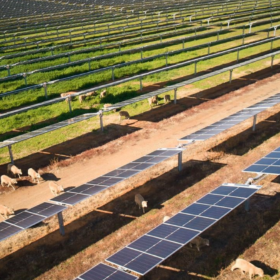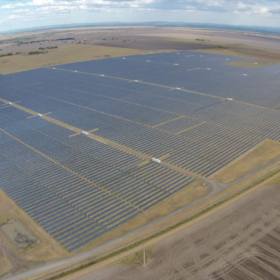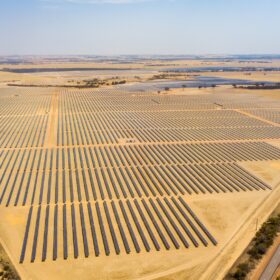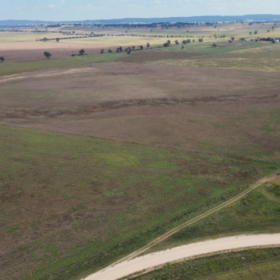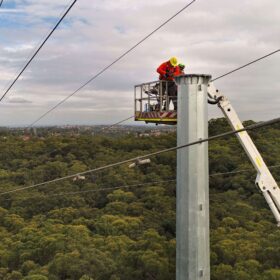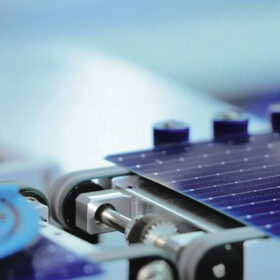Dinawan solar farm included in 14 project, $34 billion endorsement
The Dinawan Solar Farm is one of 14 renewable energy projects valued at $34 billion, that has been included in the opening round of the New South Wales government Investment Delivery Authority EOI endorsement.
Moree Solar Farm tops NEM capacity factor leaderboard
The 56 MW Moree Solar Farm in New South Wales recorded the highest capacity factor of all solar farms in the National Electricity Market in 4Q 2025, according to the BloombergNEF Australia Power Market Quarterly report.
Gas company opts for solar and battery to support operations
Queensland-based gas business Arrow Energy has turned to solar and battery energy storage to help power it coal-seam gas operations in the Queensland’s Surat Basin.
Solar and wind assets achieve 5 TWh generation mark
Output from Australia’s large-scale renewable energy sector continues to climb with the nation’s utility PV and wind assets generating a total of 5.0 TWh in February, delivering an 11% increase on the same time last year.
Singapore raises 2030 solar target to 3 GW
Singapore has increased its 2030 solar target by 1 GW after surpassing the original 2 GW goal before the end of last year.
Flow Power adds solar and battery project to development pipeline
Victoria-headquartered renewables developer and electricity retailer Flow Power has added another solar and battery project to its portfolio with the acquisition of the Dunedoo Energy Project planned for central west New South Wales.
Construction begins on Hunter REZ transmission project
Construction has officially commenced on a network upgrade in the New South Wales Upper Hunter that is to boost transfer capacity in the region by at least 1 GW by 2028 in support of the state’s renewable energy transition.
CER projects up to 12 GWh capacity from 520,000 home batteries in 2026
In 2026, the Clean Energy Regulator forecasts that up to 12 GWh of storage from a potential 520,000 residential battery installations will occur, and rooftop solar will rebound from 2.7 GW in 2025 to between 3-3.37 GW.
Yindjibarndi launches EOI for Pilbara clean energy offtake
The Yindjibarndi Energy Corporation has opened an expression of interest process for commercial and industrial customers seeking renewable energy offtake from its expanding portfolio of large-scale clean energy projects.
Malaysia restricts non-AI data centres, citing energy concerns
Malaysia’s prime minister Anwar Ibrahim said future policy will ensure domestic consumers and the electricity grid are protected amid the country’s data centre expansion. This could include leveraging the ASEAN Power Grid project to cover any supply shortfalls.
